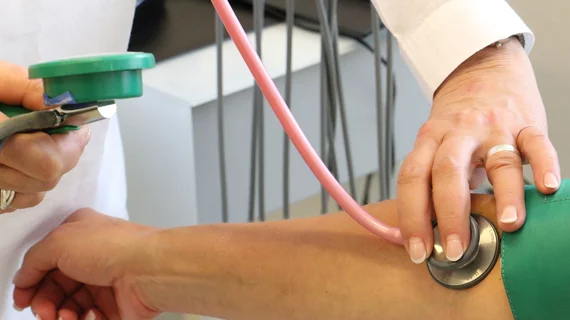Yogurt, other fermented dairy products may reduce hypertension
Fermented dairy products may be an effective tool in the fight against high blood pressure, according to a new analysis published in the Journal of Dairy Science.
Researchers reviewed the findings of several studies that explored the potential health benefits antihypertensive fermented milks. The key appears to be the positive impact these dairy products can make on an individual’s gut microbiota (GM).
“Hypertension is the leading cause of death worldwide; thus, different approaches have been attempted to help diminish this disease,” wrote lead author Lilia M. Beltrán-Barrientos, PhD, of the National Technological Institute of Mexico, and colleagues. “It has recently been established that hypertension is associated with gut dysbiosis. Studies have focused on determining how the modulation of GM may help decrease high blood pressure, particularly through diet and the use of probiotics. New evidence suggests that antihypertensive fermented milks may also modulate GM.”
Beltrán-Barriento et al. wrote that there is potential for researchers to develop “tailor-made fermented milks with GM modulation and blood pressure-lowering effects.” Much more research is needed, however, so that specialists can learn additional details about this potentially significant trend.
Click here for the full study.

